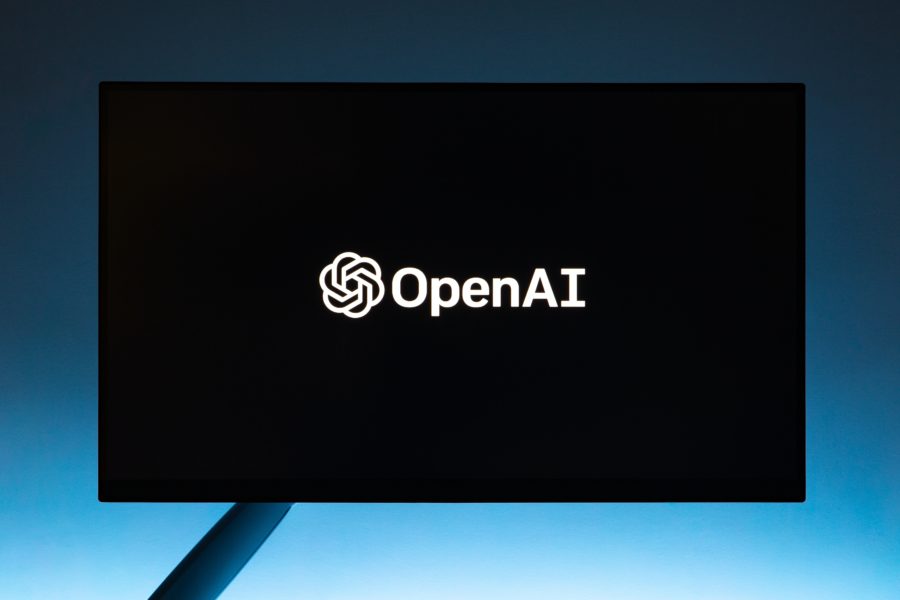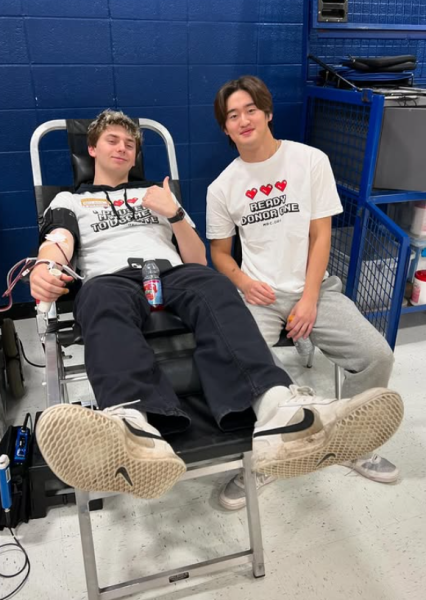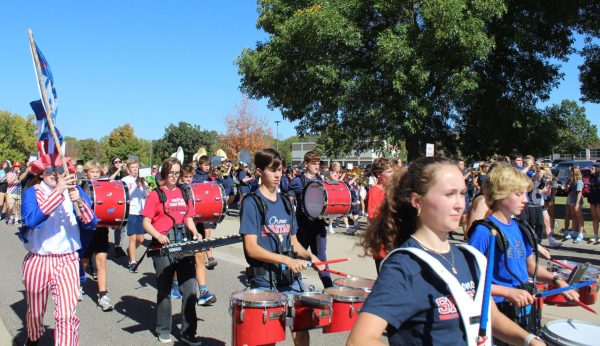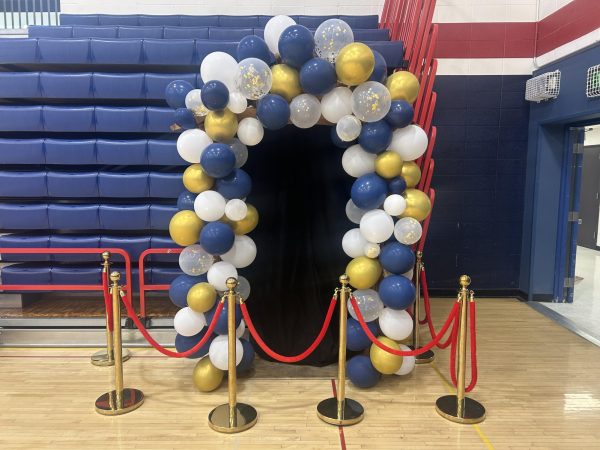ChatGPT’s Impact on Education
Technology is constantly evolving, for example social media, Bluetooth, thinner and faster computers and modern phones just to name a few. One of the newest and most impressive technological innovations of the 21st century is AI, with OpenAI’s chatbot ChatGPT taking the lead.
ChatGPT can expand whatever prompt you give it into a full-fledged story, script, or article. Naturally, some students use this to their advantage when it comes to assignments that involve writing. According to a survey done by the online magazine Intelligent, 60% of college students used ChatGPT on more than half of their assignments.
The English and Social Studies departments at Orono High School have recently gathered to discuss this issue as well as possible solutions.
“What we’re trying to do is hold students accountable for doing their own work, which means using things like DraftBack, which allows you to see student edits of a document,” AP World History teacher Michelle Naylor said.
Besides extensions like DraftBack, there are other ways to catch ChatGPT usage.
“I’m familiar with student writing, so when writing is submitted that doesn’t sound like the student, that is usually a first indication that someone has used ChatGPT. Sometimes the writing might be a little bit generic or is a little too perfect,” OHS English teacher Jennifer Ivers said.
Although ChatGPT might look great at first glance, it can start to crumble apart when scrutinized. Since writing is an art form, ChatGPT can’t express emotions to the level a human writer can. According to OpenAI, the independent company that owns ChatGPT, the AI lacks knowledge of events that occurred after September 2021. ChatGPT also tends to use a strict and predictable five-paragraph format when asked to write an essay, often beginning the closing paragraph with “in conclusion.” This predictability carries over to other tasks, such as college acceptance letters, poetry, or plot synopses.
Besides the educational issues concerning students using ChatGPT, there are legal issues as well. For one, OpenAI’s Terms of Use require anyone under 18 to obtain a guardian’s permission to use the service. In addition, OpenAI’s privacy policy states that it collects users’ IP addresses, interactions with the site, browsing activities across websites, and, most concerningly, it may share personal information with third party sources without their information.
There is a myriad of legal issues at play when incorporating ChatGPT into school curricula, especially in conjunction with the aforementioned privacy concerns.
“What would make this really challenging is that there are laws that govern how we use technology in the classroom, specifically to protect student privacy. We have to have any technology that we use approved by our tech department,” Ivers said.
However, despite the issues with students using ChatGPT, there are still possibilities for teachers to effectively use the AI to their advantage.
“I’ve used ChatGPT to look at the types of responses I’m going to get for questions I ask,” Naylor said.
ChatGPT can also be used as a tool, that could be used for educational purposes.
“The fact that it has that capability of providing feedback on writing in real time is way faster than we can do. And then it’s also a really great tool for helping students outline their ideas and getting a paper started. It’s got some great potential,” English teacher Jessica Frie said.
ChatGPT has many beneficial aspects that teachers in the English Department have been able to utilize.
“I’ve seen teachers online demonstrating how it can create sentence starters for students who are learning English. I’ve also seen it produce writing that you could use as you’re instructing a young student learning to read. We could provide students with text that is at their reading level about a topic they’re interested in,” Ivers said.
Some teachers at OHS have expressed concerns regarding the program.
“I’m alarmed that some people who I read regularly think we’re waltzing into a full embrace of this technology without knowing what the heck we’re doing,” English teacher Lawrence Williams said.
Though what ChatGPT can achieve can be amazing, whether or not it can coexist alongside traditional education remains yet to be seen. At OHS, the general attitude of the English and Social Studies departments towards ChatGPT seems to be one of nervous optimism.























































Sam Jackson • Apr 5, 2023 at 7:35 pm
Very interesting to hear about some of the updates that are coming out with ChatGPT/OpenAI.
It’s concerning that we’ve been spending so much time working on what we can do, to the point where we overlook what we SHOULD do.